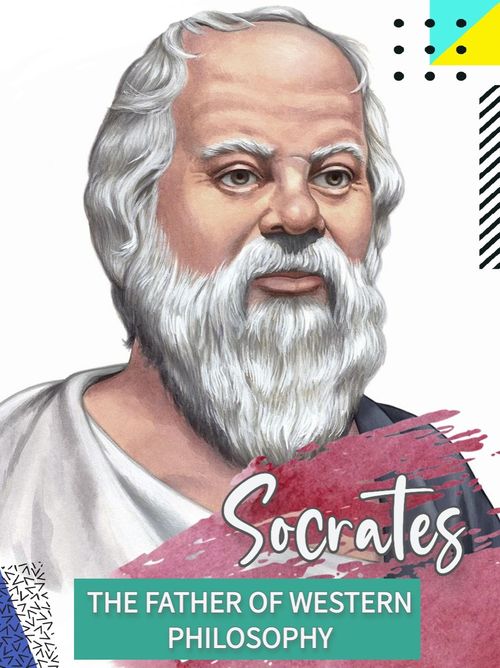The life, death and legacy of Socrates in under six minutes
Aug 16, 2021 · 4 mins read
0
Share

A process of questioning
Cancel culture is nothing new. Back in Ancient Greece, one of history’s most influential philosophers found himself in trouble for asking too many questions.
Save
Share
In the year 399 BC, Socrates was brought before a jury of 501 people to face trumped-up charges of “impiety” and “corruption” – charges that would cost him his life. But the speech Socrates gave in his defense proved to be a groundbreaking moment in philosophy…
Save
Share
The speech has been preserved in writing by Socrates’ most famous student, Plato. Known as The Apology, it’s anything but apologetic (the name actually stems from the Greek word “apologia”, which refers to a speech made in self-defense). Here’s what makes it so important...
Save
Share
In defiance of the court, Socrates refused to plead for mercy. Instead, he delivered a lecture on ethics and continued to do the very thing that got him charged in the first place: practising philosophy. But this only illuminates the story of his distinctive philosophical method.
Save
Share
Socrates was the son of a sculptor and would have followed that path were it not for Crito, a wealthy friend who helped him get an education. Socrates studied early philosophers like Anaxagoras, but found their theories unsatisfying. Then something unbelievable happened.
Save
Share
Chaerephon, another friend of Socrates, travelled to the temple of Apollo to consult the oracle and prophetess known as Pythia. Speaking through this oracle, Apollo declared that there was no man wiser than Socrates. (The court erupted in disbelief at this part of the speech.)
Save
Share
Socrates himself was stunned to hear this because he knew he wasn’t wise… yet he also knew that the oracle would not lie. Determined to gather proof that this pronouncement could not be true, he approached a politician renowned for his wisdom and quizzed him about life.
Save
Share
Socrates treated the interaction as if he was questioning a witness on the stand. This would eventually become known as the Socratic Method (also called the “elenchus”, which was the Greek term for cross-examination). It exposed the politician as not being so wise after all.
Save
Share
He kept approaching people from various backgrounds, systematically probing for wisdom about the nature of life. Most assumed they possessed knowledge yet Socrates’ simple questioning revealed them to be full of contradictions. The illusion of their wisdom shattered easily.
Save
Share
Socrates reluctantly concluded that the oracle was correct... but only because the philosopher was wise enough to acknowledge that he knew nothing (whereas most people arrogantly believed otherwise). The process of rigorous questioning, however, transformed his approach to life.
Save
Share
0